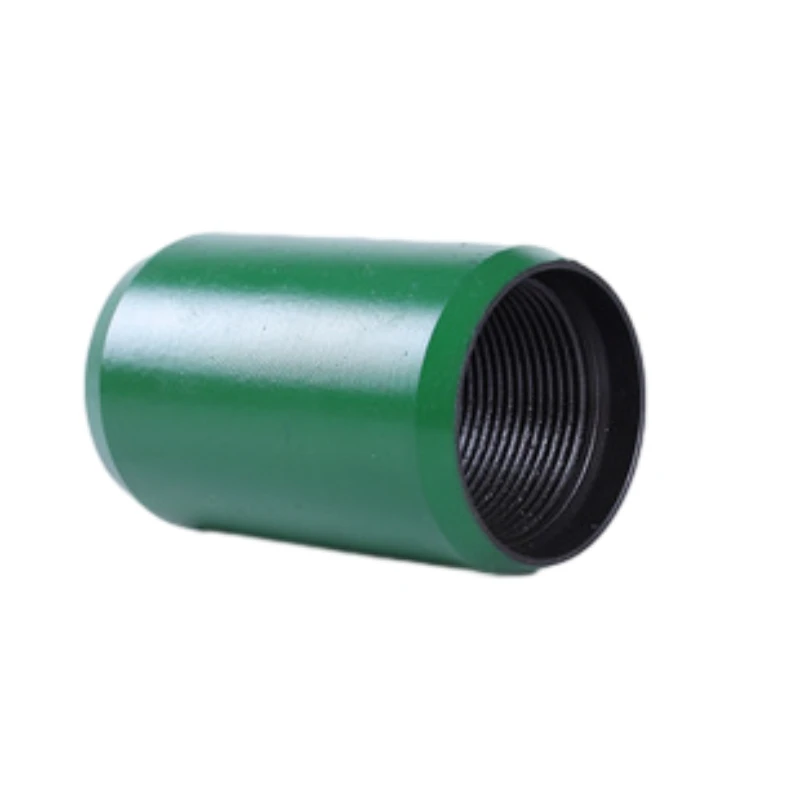- Afrikaans
- Albanian
- Amharic
- Arabic
- Armenian
- Azerbaijani
- Basque
- Belarusian
- Bengali
- Bosnian
- Bulgarian
- Catalan
- Cebuano
- Corsican
- Croatian
- Czech
- Danish
- Dutch
- English
- Esperanto
- Estonian
- Finnish
- French
- Frisian
- Galician
- Georgian
- German
- Greek
- Gujarati
- Haitian Creole
- hausa
- hawaiian
- Hebrew
- Hindi
- Miao
- Hungarian
- Icelandic
- igbo
- Indonesian
- irish
- Italian
- Japanese
- Javanese
- Kannada
- kazakh
- Khmer
- Rwandese
- Korean
- Kurdish
- Kyrgyz
- Lao
- Latin
- Latvian
- Lithuanian
- Luxembourgish
- Macedonian
- Malgashi
- Malay
- Malayalam
- Maltese
- Maori
- Marathi
- Mongolian
- Myanmar
- Nepali
- Norwegian
- Norwegian
- Occitan
- Pashto
- Persian
- Polish
- Portuguese
- Punjabi
- Romanian
- Russian
- Samoan
- Scottish Gaelic
- Serbian
- Sesotho
- Shona
- Sindhi
- Sinhala
- Slovak
- Slovenian
- Somali
- Spanish
- Sundanese
- Swahili
- Swedish
- Tagalog
- Tajik
- Tamil
- Tatar
- Telugu
- Thai
- Turkish
- Turkmen
- Ukrainian
- Urdu
- Uighur
- Uzbek
- Vietnamese
- Welsh
- Bantu
- Yiddish
- Yoruba
- Zulu
well casing extension coupling
Understanding Well Casing Extension Couplings
In the oil and gas industry, drilling operations require meticulous attention to engineering details, especially regarding well construction and casing systems. Among the various components that ensure the structural integrity of a well, the well casing extension coupling plays a vital role. This article explores the importance, application, and technical specifications of well casing extension couplings, emphasizing their significance in optimizing drilling operations.
What is Well Casing?
Well casing refers to the process of lining the walls of a drilled well with a series of pipes that provide stability and prevent the collapse of the wellbore. The casing also serves to isolate water, gas, or oil zones to enhance production efficiency. Casing pipes are typically made from steel due to its strength and durability, and they come in various diameters and thicknesses depending on the well's requirements.
Purpose of Casing Extension Couplings
As drilling technology evolves, the need for longer and more efficient casing systems has led to the development of casing extension couplings. These couplings serve as connectors between sections of casing, allowing for easy and efficient extension of the casing string as the drilling progresses. They are crucial for managing changes in well depth and ensuring that the casing maintains its structural integrity throughout the drilling and production phases.
Types of Casing Extension Couplings
Casing extension couplings come in various designs to suit different drilling conditions and configurations. The two primary types include
1. Standard Threaded Couplings These are the most common couplings used to connect two lengths of casing pipe. They feature male and female threads that provide a secure connection, allowing for easy assembly and maintenance.
2. Welded Couplings In environments where extra strength is required, welded couplings are chosen. These couplings are welded onto the pipe ends, providing a solid and leak-proof connection, although they may require more time and specialized equipment for installation.
Key Benefits of Casing Extension Couplings
The use of casing extension couplings in drilling operations comes with several distinct benefits
well casing extension coupling

- Flexibility Casing extension couplings allow operators to adjust the casing length flexibly based on the depth of the well. This adaptability is essential as geological conditions can vary significantly during drilling.
- Efficiency With extension couplings, the installation and removal of casing sections are simplified, leading to a more streamlined drilling operation
. This efficiency can significantly reduce overall drilling time and costs.- Enhanced Safety The integrity of the wellbore is paramount. Using high-quality casing extension couplings ensures that the well is protected against pressure changes and potential collapse, minimizing safety risks for personnel and equipment.
- Compatibility Casing extension couplings are designed to work with various casing sizes and types, making them a versatile option for different drilling projects.
Technical Specifications
When selecting a casing extension coupling, several technical specifications must be considered
1. Material Grade The material must be compatible with the environment and the stresses expected during the drilling process.
2. Diameter and Length Couplings should match the casing pipe's specifications precisely to ensure a secure fit.
3. Pressure Rating Depending on the well conditions, the pressure rating of the coupling should be adequately assessed to avoid failures.
4. Coating and Corrosion Resistance Given the harsh environments in oil and gas drilling, coatings that resist corrosion can prolong the lifespan of the coupling.
Conclusion
In the complex world of drilling operations, well casing extension couplings are vital components that enhance efficiency, safety, and adaptability. By understanding their purpose and benefits, operators can make informed decisions that optimize their drilling strategies. As technology continues to advance, the ongoing innovation in casing coupling design will undoubtedly play a crucial role in the future of oil and gas exploration and production. Investing in quality couplings is not just a choice; it's a necessity for ensuring operational success and safety in the field.
-
Tubing Pup Joints: Essential Components for Oil and Gas OperationsNewsJul.10,2025
-
Pup Joints: Essential Components for Reliable Drilling OperationsNewsJul.10,2025
-
Pipe Couplings: Connecting Your World EfficientlyNewsJul.10,2025
-
Mastering Oilfield Operations with Quality Tubing and CasingNewsJul.10,2025
-
High-Quality Casing Couplings for Every NeedNewsJul.10,2025
-
Boost Your Drilling Efficiency with Premium Crossover Tools & Seating NipplesNewsJul.10,2025







